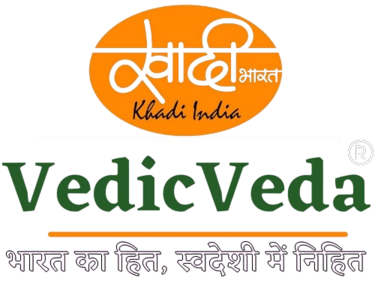RAW vs. Pure vs. Organic vs. Unfiltered Honey Which one is best for you?
Honey is a sweet and thick material that honeybees make from plant sources like flower nectar. It is a natural sweetener that has been employed in baking, cooking, and traditional medicine for countless years. However, not all honey is made equally. Different forms of honey have been referred to in recent years using words like unfiltered, raw, pure, and organic. The variations between various varieties of honey and the advantages of ingesting each will be discussed in this article.
RAW Honey : What is it?
A variety of honey known as “raw honey” has not been cooked, pasteurised, or filtered. It is taken right out of the honeycomb and is unaltered. Raw honey includes important enzymes that are frequently lost during processing, such as pollen, propolis, and beeswax. Beads of bee pollen and other impurities give it a rich, creamy texture and foggy look. In comparison to processed honey, raw honey is frequently deeper in colour and tastes stronger.
Benefits of Raw Honey
Because it still includes all of the natural enzymes, vitamins, and minerals that are sometimes lost during processing, raw honey is regarded as the healthiest type of honey. Raw honey contains antibacterial and anti-inflammatory pollen and propolis, which can help strengthen the immune system and lessen inflammation. Antioxidants found in raw honey can help prevent cellular damage and support healthy ageing.
Pure Honey: What Is It?
A form of honey known as pure honey has been boiled and filtered to eliminate any contaminants and enhance its beauty. It is created by taking honey out of the comb and filtering it to get rid of any wax, pollen, or debris. In comparison to raw honey, pure honey usually has a smoother texture and a lighter colour. The elimination of contaminants also reduces the likelihood of crystallisation.
Benefits of Pure Honey
Natural sugars found in pure honey are a fantastic source of quick-acting energy for the body. Because of its softer flavour than raw honey, it is a common sweetener in baking and cooking. Raw honey is less prone to crystallise when it is pure.
Which Honey is Organic?
A form of honey called organic honey is made without the use of artificial chemicals or pesticides. In addition to not receiving growth hormones or antibiotics, organic honey-producing bees are also not subjected to chemical treatment of their hives.Regulatory organisations that guarantee the honey satisfies rigid requirements for organic production certify organic honey. Depending on the precise manufacturing techniques employed, organic honey may be either raw or processed.
Benefits of Organic Honey
Organic honey is better for bees and people since it is produced without synthetic chemicals or pesticides. Organic honey is produced by bees who are not exposed to toxic chemicals and whose hives are not polluted with pesticides or other poisons. Additionally devoid of genetically modified organisms (GMOs), organic honey is a healthier choice for the environment.
Unfiltered Honey – What is it?
Honey that has not been filtered to eliminate any contaminants is referred to as unfiltered honey. In that it contains pollen, propolis, and beeswax, it is comparable to raw honey. Unfiltered honey can, however, be cooked to enhance its clarity and remove any wax or particles. Due to the contaminants, unfiltered honey has a thick texture and a hazy look.
Benefits of Unfiltered Honey
All of the natural enzymes, vitamins, and minerals that are frequently lost during processing are present in unfiltered honey. Propolis and pollen, which have antibacterial and anti-inflammatory characteristics and help strengthen the immune system and lessen inflammation, are also present. Processed honey has a thinner consistency and a weaker flavour than unfiltered honey, which makes ita better option for those looking for a more natural and authentic taste.
Which Type of Honey is Best for you ?
The ideal sort of honey for you will depend on your own tastes and health objectives. Although raw honey is thought to be the healthiest type, some people may not be able to tolerate it owing to its potent flavour and texture. Pure honey is a fantastic choice if you want a softer flavour and smoother texture, while organic honey is a better alternative if you’re worried about the use of chemicals in traditional production.
For individuals who wish to benefit from all of honey’s advantages, including its antibacterial and anti-inflammatory characteristics, unfiltered honey is a terrific choice. Unfiltered honey, however, might not be ideal for people with pollen allergies or health issues.
Read the label carefully when selecting honey and opt for varieties that are devoid of additives, preservatives, and artificial sweeteners. Additionally, it’s critical to select honey made by ethical beekeepers that put the health and welfare of their bees first.
In conclusion, honey is a natural sweetener that is available in a wide range of forms and types. All types of honey have special qualities and advantages, including raw, pure, organic, and unfiltered varieties. Pure honey has a milder flavour and a smoother texture than raw honey, which is the type of honey that is the most nutrient-dense. For those who are worried about the use of chemicals in traditional farming, organic honey is a healthier option, while unfiltered honey offers the entire spectrum of advantages that honey has to offer.

